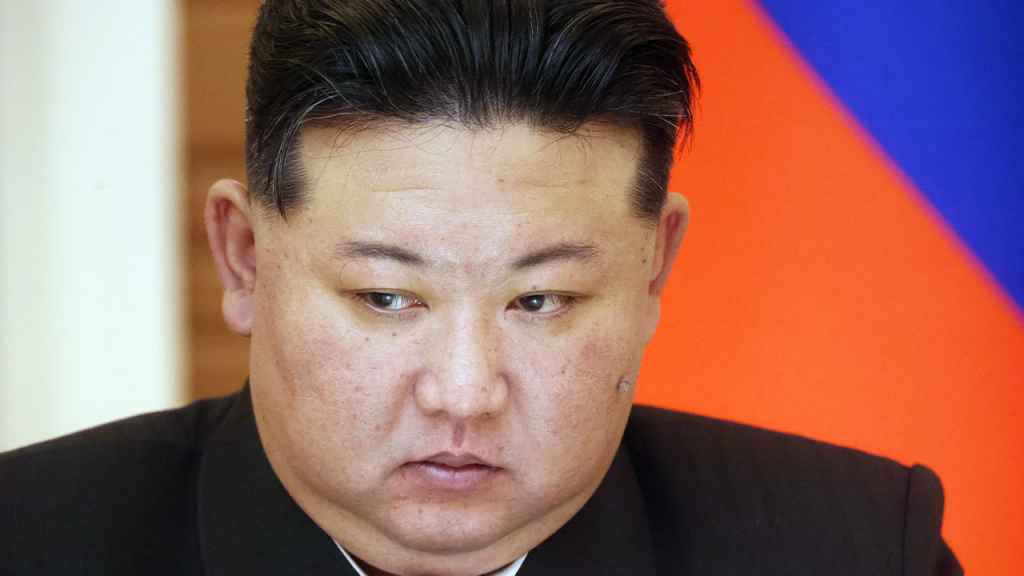Kim Jong Un of North Korea recently targeted South Korea’s President Yoon Suk Yeol for the second time in a week, reiterating his commitment to advancing North Korea’s nuclear capabilities. Kim accused President Yoon of making tasteless and vulgar comments about the end of the Republic and criticized his allegiance to the United States. Despite this, Kim stated that North Korea has no intention of attacking South Korea. However, he emphasized the country’s dedication to becoming a military superpower and expanding its nuclear arsenal.
The tensions between North and South Korea escalated as President Yoon condemned Pyongyang’s recent unveiling of a new nuclear facility, prompting North Korea to display a new ballistic missile capable of destroying underground facilities in the north. President Yoon has consistently advocated for a denuclearized North Korea, but Kim Jong Un has firmly opposed this stance and emphasized North Korea’s right to use military force, including nuclear weapons, if threatened by external enemies. Kim’s comments reflect his determination to strengthen North Korea’s position as a military and nuclear power.
Kim Jong Un’s remarks about North Korea’s nuclear ambitions and willingness to use military force come amidst escalating regional tensions and international concerns about the country’s nuclear program. Despite efforts by South Korea and the international community to denuclearize North Korea, Kim has consistently asserted North Korea’s right to defend itself through military means, including the use of nuclear weapons if necessary. Kim’s statements signal his commitment to expanding North Korea’s military capabilities and solidifying its status as a nuclear power.
The timing of Kim Jong Un’s warnings to South Korea coincided with his visit to a military school named after him, where he delivered a speech emphasizing North Korea’s military strength and determination to defend itself against external threats. Kim’s rhetoric reflects a longstanding commitment to bolstering North Korea’s military capabilities and nuclear deterrent, despite international pressure to denuclearize. His confrontational stance towards South Korea and the United States underscores the ongoing tensions in the region and the challenges faced by efforts to achieve peace and stability on the Korean Peninsula.
Kim Jong Un’s repeated threats of nuclear force against South Korea and other perceived enemies highlight the volatile nature of the situation on the Korean Peninsula and the risks associated with North Korea’s aggressive military posture. As Kim continues to defy international calls for denuclearization, tensions in the region are likely to remain high, with the potential for further escalation and conflict. The international community must closely monitor developments in North Korea and work towards finding diplomatic solutions to address the security challenges posed by the regime’s nuclear ambitions. Kim Jong Un’s provocative statements underscore the need for a coordinated and strategic approach to managing the threat posed by North Korea’s nuclear program.















